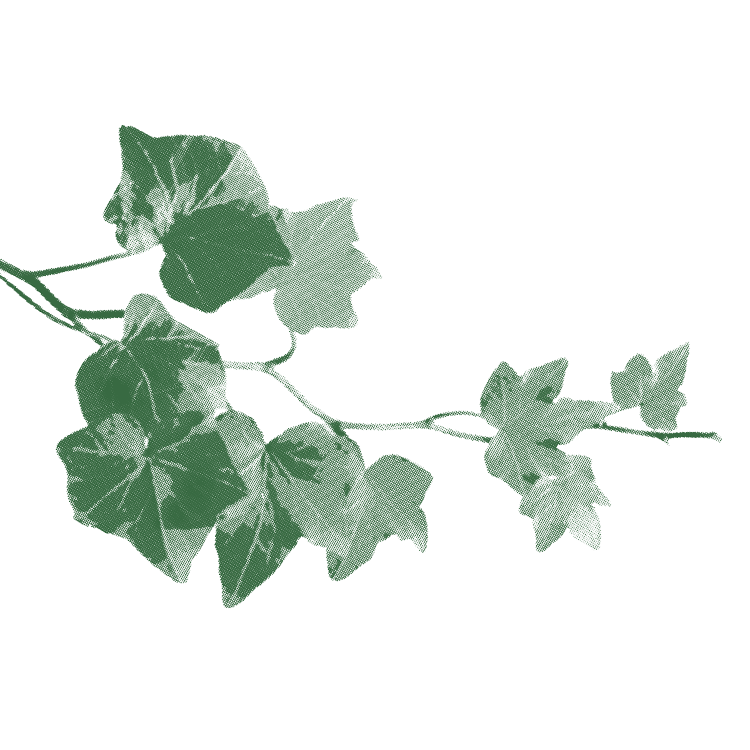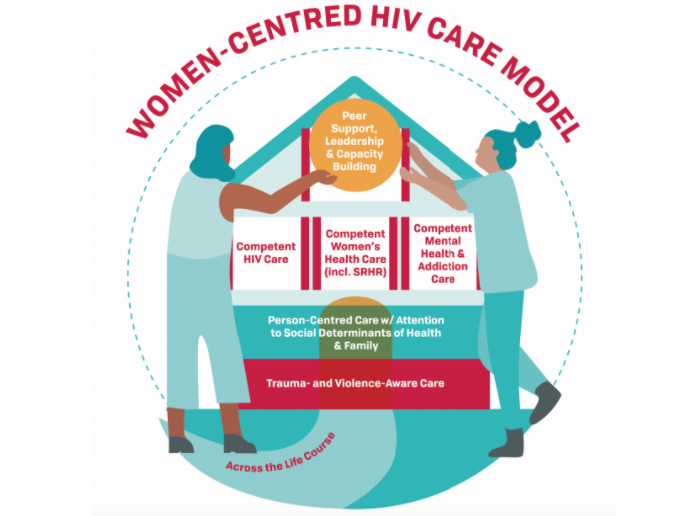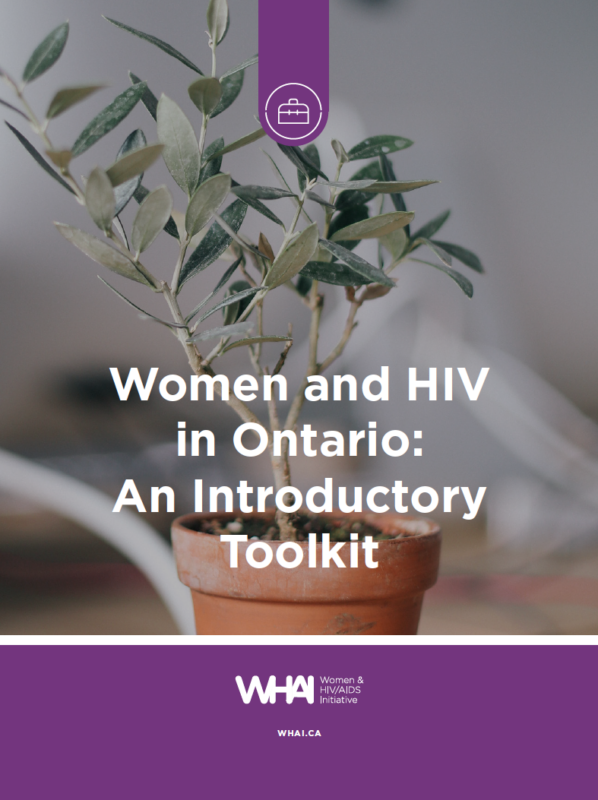Wholistic Care
The physical, mental, emotional, spiritual and community-based elements of well-being.
About Wholistic Care
Wholistic care actively recognizes the layered and intersecting determinants that impact HIV related health and wellness. Wholistic care was described as including physical, mental, emotional, spiritual, and community-based elements of well-being.
Women noted care should be:
- trauma-informed;
- genuinely compassionate;
- culturally inclusive; and
- focused on women’s autonomy and self-determination to make informed decisions about their health regardless of gender identity.
In some cases, wholistic health was linked to “one stop shop” or “hub” models where women are able to access multiple services that address their various needs in one space, while for others it was about fostering wrap-around, collaborative models of care. System navigation through warm referrals and care linkages were frequently cited. Understanding systemic barriers for women facing structural risk for HIV was key.
What is WHAI doing?
Moving work on Wholistic Care forward and fostering women’s leadership and expertise in this work includes:
- Supporting thoughtful referral pathways and collaborative efforts between community partners for wrap-around, wholistic care
- Building capacity for culturally inclusive, anti-racist models of care that integrate a wholistic approach, and foster strong linkages to HIV prevention and care
- Sharing knowledge and awareness about the impact of stigma, judgment and racism in care services
Community Voices
Our work is always informed by the lived experiences of women.


“…a wrap-around care model that is offered by agencies above, it does not stigmatize survivors to seek the support they need, as it is all offered under one roof.”
Featured Resources From WHAI



